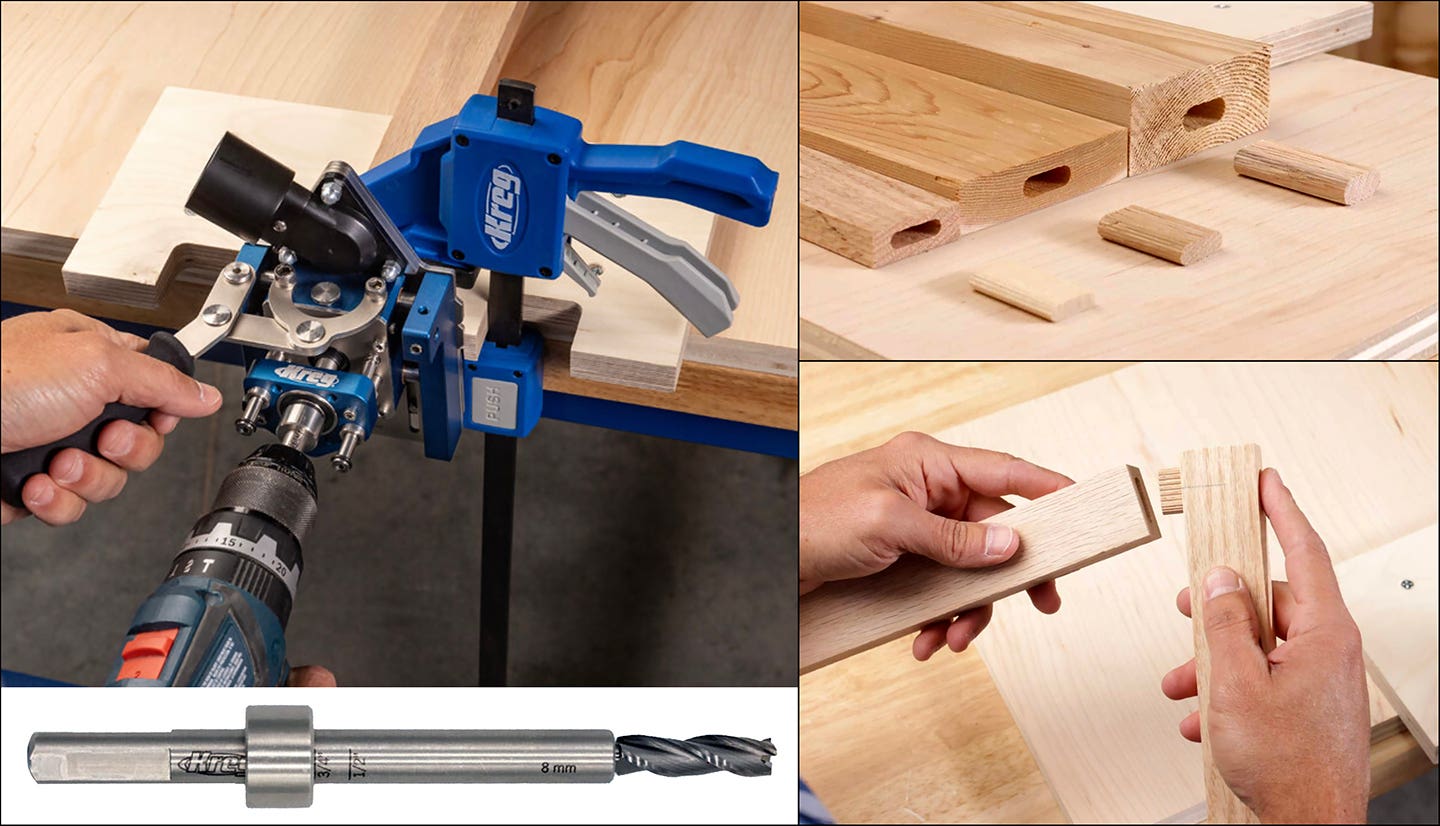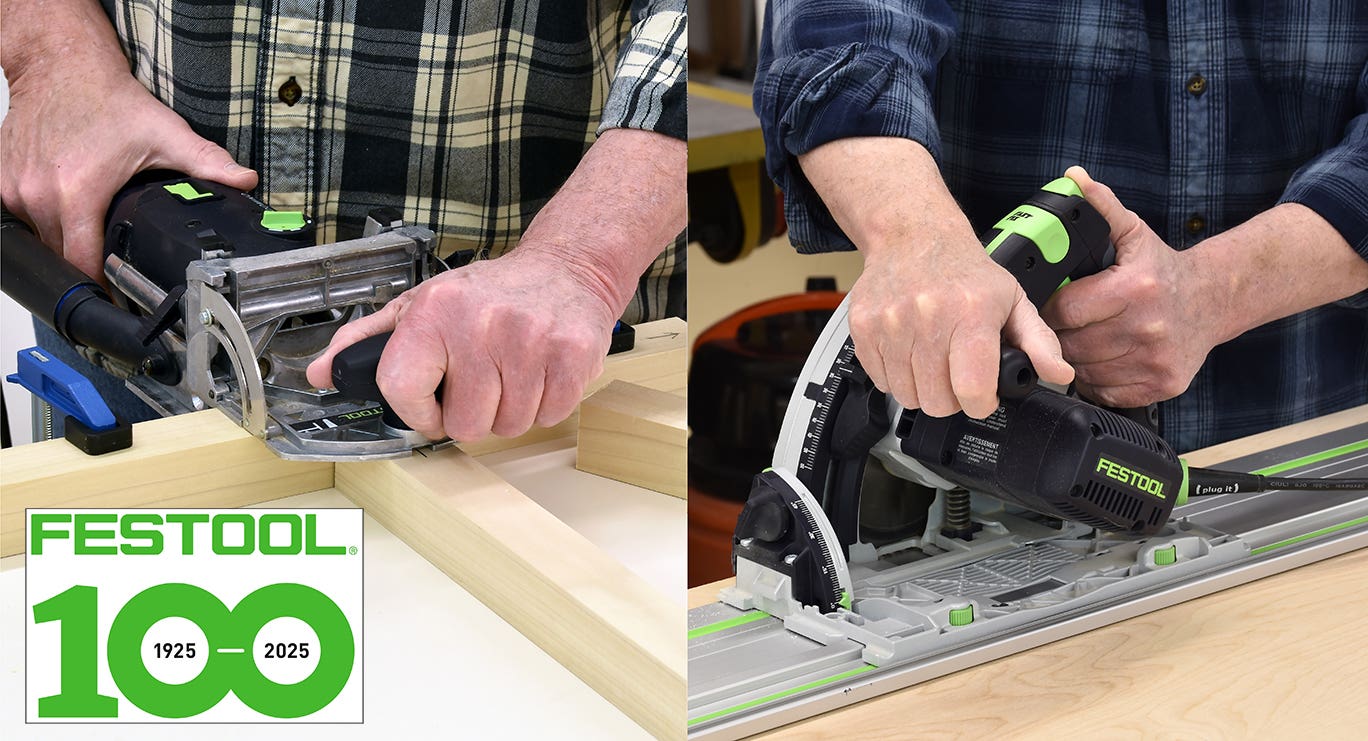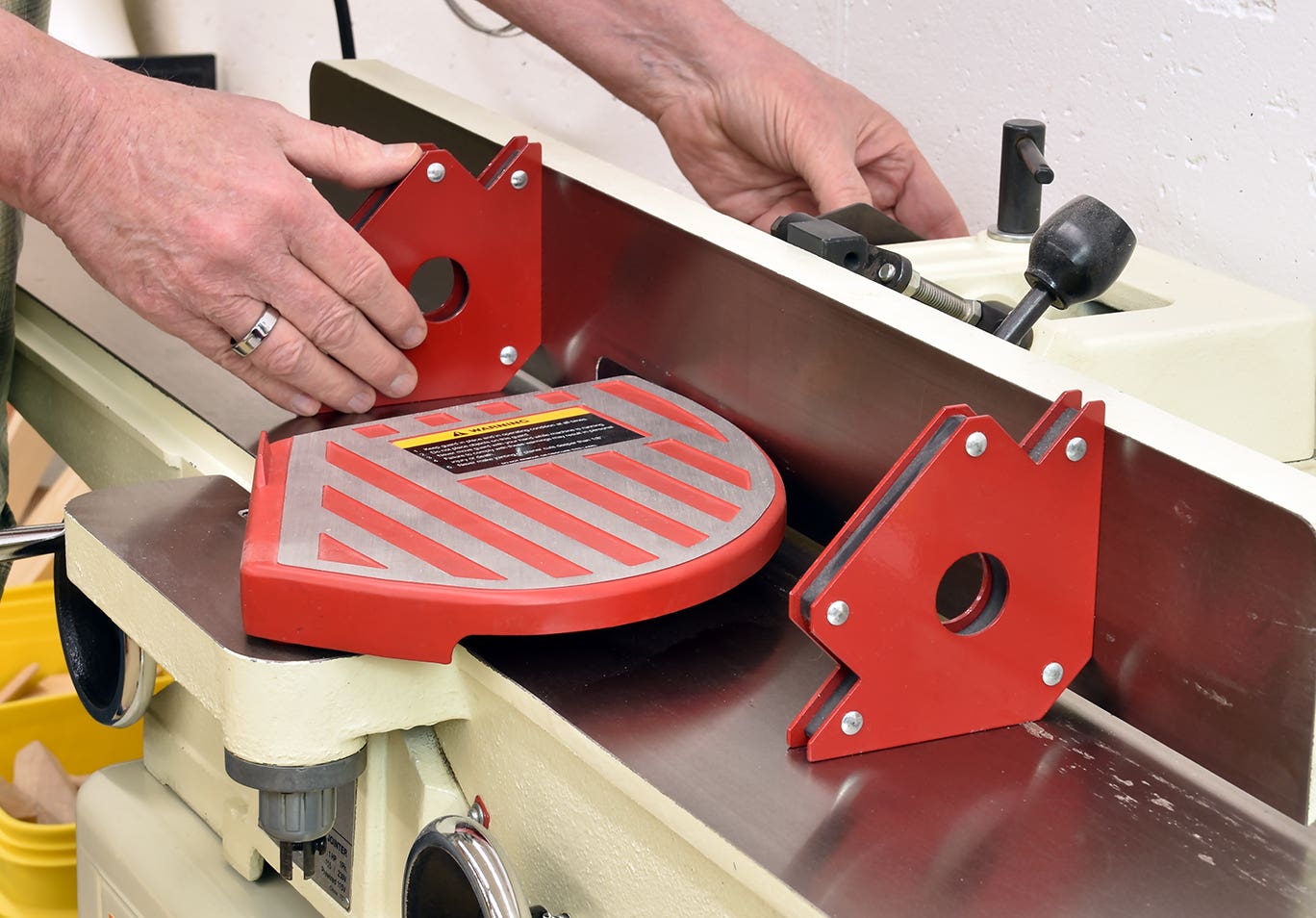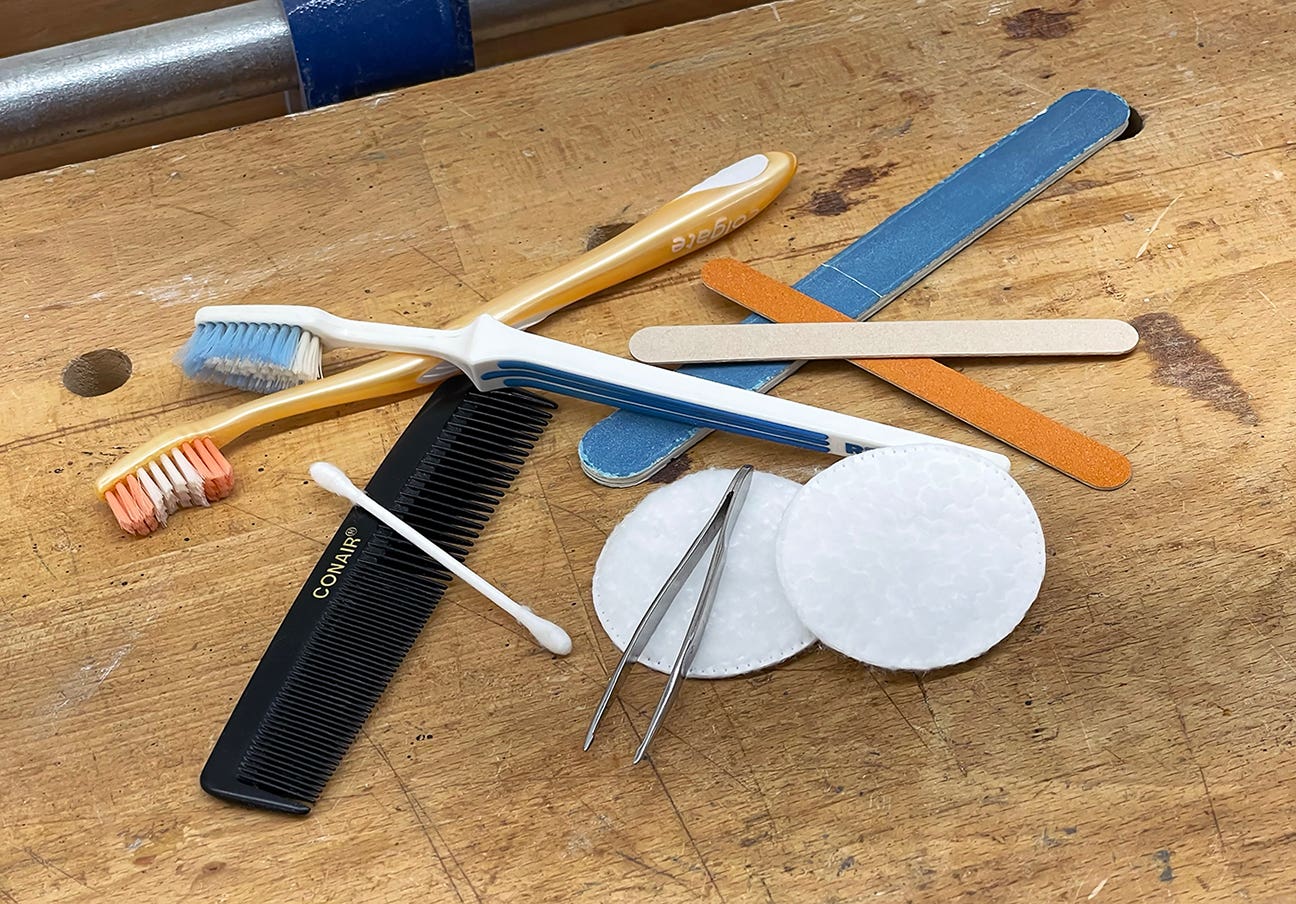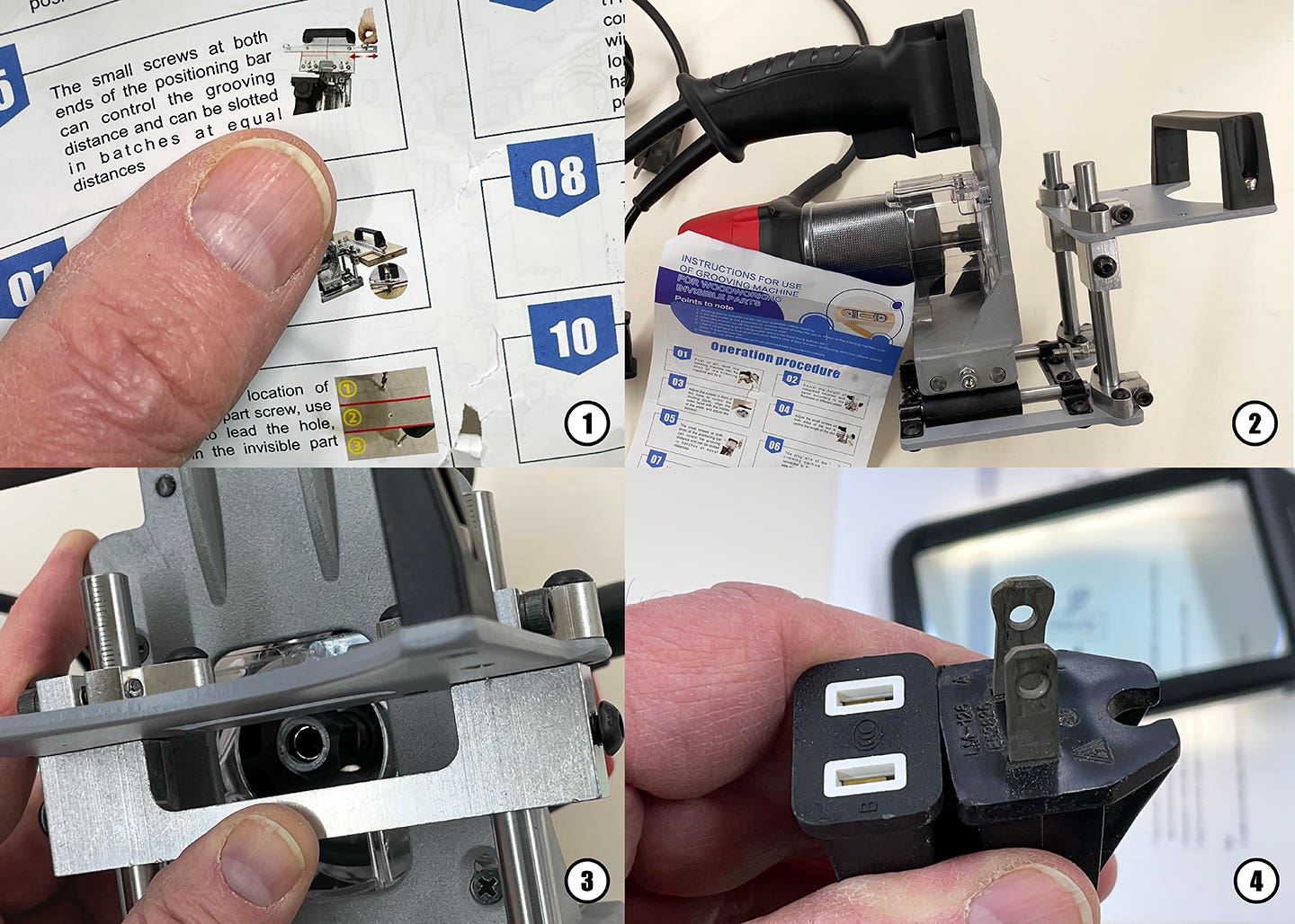Who wants to think about, much less talk about, paperwork? I think for most of us, paperwork is more of a necessary evil than an important tool. Hopefully I can help you change your mind.
I heard an English teacher say, “If you can learn to command the language and learn to express yourself in written form, you will discover how much influence you can achieve over life situations.” Creating a good paper trail in business is much the same. With a proper trail you can maintain control. Without one, expect a chaotic mess.
I’ve harped about the importance of paperwork for years. I’d say my obsession with documenting everything is just that, an obsession. That probably stems from my time in school when a professor told me the best acronym to follow as a young manager is CYA (Cover Your Ass). So, document everything, including change orders, design and product approvals, scheduling, material procurement, subcontracting, and the rest.
Most of us do just enough paperwork to keep the business running. But if you want to maintain control and your sanity, get everything in writing. Let me explain.
On a handshake
I’m currently in the middle of a large renovation project on a commercial property. The general contractor on the job, whom I’ve worked with for 25 years, asked me to come on board because the previous sub had lost control and the client was angry. We made a handshake deal and got started. I hadn’t forgotten about the importance of paperwork, but I thought it could be delayed based my long relationship with the GC. Well, I was wrong.
Instead of setting the ground rules with clear-cut responsibilities, the handshake deal began to fray after about two weeks. Most of the rift centered on my perceived responsibilities to clean up the mess from the previous sub. The property owner got mad at the GC, who got mad at me. During our meeting of resolution, it was made crystal clear to me that our 25-year bond didn’t carry the necessary weight that an iron-clad contract outlining our terms would have. I’m not saying the contractor threw me under the bus, but he had no choice but to protect himself first. Had I not had a prior relationship with them, we would no doubt have been out on the street panhandling for our next project. By going soft on demanding (my responsibility) a proper agreement with the contractor, my company’s ability to run smoothly was negatively affected by the third-party’s action against the general contractor whom I was working for.
In other words, be aware that the lack of good paperwork can even cause grief from people not directly in contract (or contact) with you. Never underestimate the power of a rock-solid paper trail.
A reason for rules
The whole experience of that project, as stressful as it was, is a good reminder about the importance of generating a complete paperwork trail. It’s not enough to just do the initial project setup with a work parameter contract, but of equal importance is the need for the ongoing paper tail of jobsite management. What I lacked on that particular project was the initial paperwork. We had reams of follow-up paperwork documenting everything from how many nails we used to what time an employee took a smoke break. But that darn handshake deal convinced me I could forego that element and make up the difference with our clean documentation throughout the process.
Every company needs to have a solid Standard Operating Procedure. It’s the document that lays out the ground rules for every scenario from contract agreements to how to deal with unacceptable employee behavior (and what is defined as “unacceptable behavior”). A good SOP becomes your company’s personal bible. Learn to follow it religiously.
There’s a reason to have rules, they give everyone a clear guideline on how to behave and react to differing situations, and they provide that needed paper trail which allows you to CYA.
Paperwork is a marvelous thing. Like it or not, it’s the one thing that can both protect you from a lot of harm and provide you with what you want. How is that not a good thing?
David Getts is a certified kitchen designer and owner of David Getts Designer Builder Inc. in Seattle.
This article originally appeared in the November 2019 issue.


